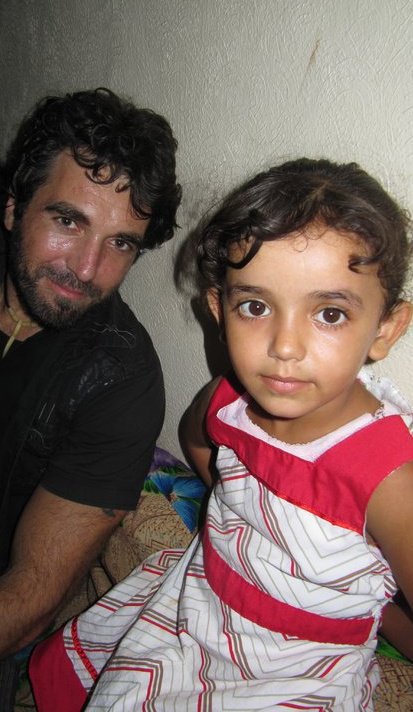Tag: Cast Lead
-
Samouni family responds to Goldstone backtrack on Israeli war crimes
6 April 2011 | Ken O’Keefe During Operation Cast Lead Israel committed massive war crimes for all the world to see. Among these crimes the use of White Phosphorus in densely populated areas, use of Depleted Uranium, bombing civilian targets of all sorts without military necessity, destroying civilian infrastructure with no military justification and the…
-
PCHR highlights key issues relating to report of UN fact-finding mission on Gaza conflict (the ‘Goldstone Report’)
4 April 2011 | Palestinian Centre for Human Rights In light of the media debate and confusion triggered by Justice Richard Goldstone’s 1 April opinion piece in the Washington Post, the Palestinian Centre for Human Rights (PCHR) wishes to highlight a few key issues regarding the current status of the UN Fact-Finding Mission’s Report, and…

